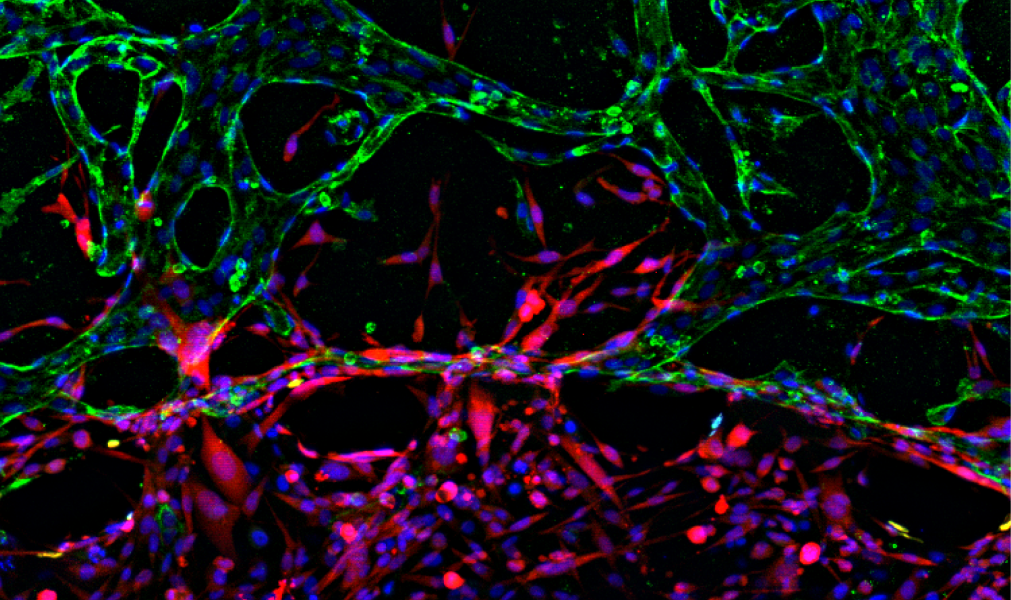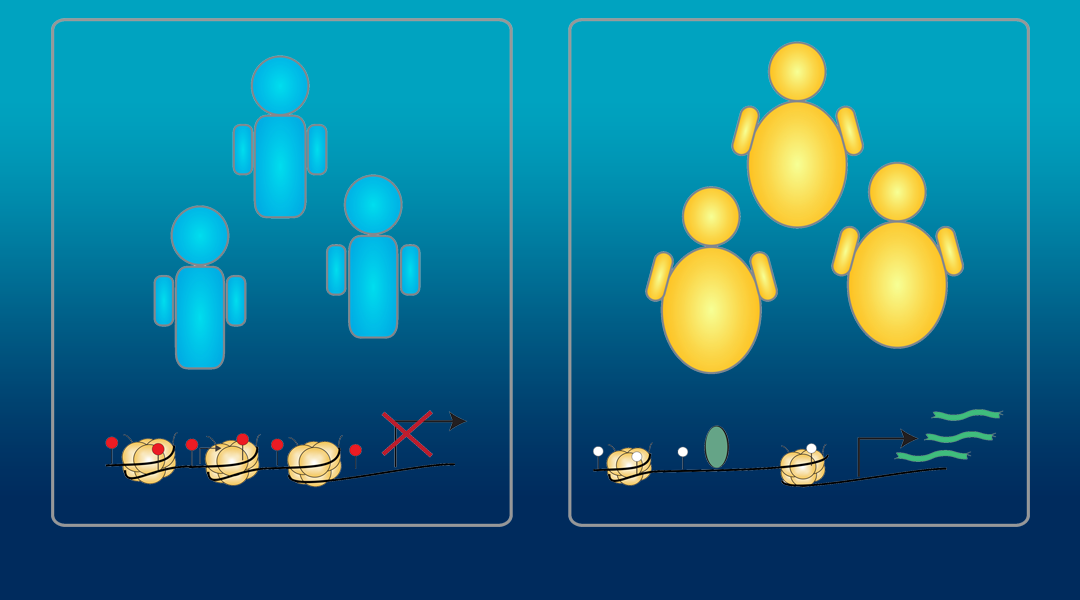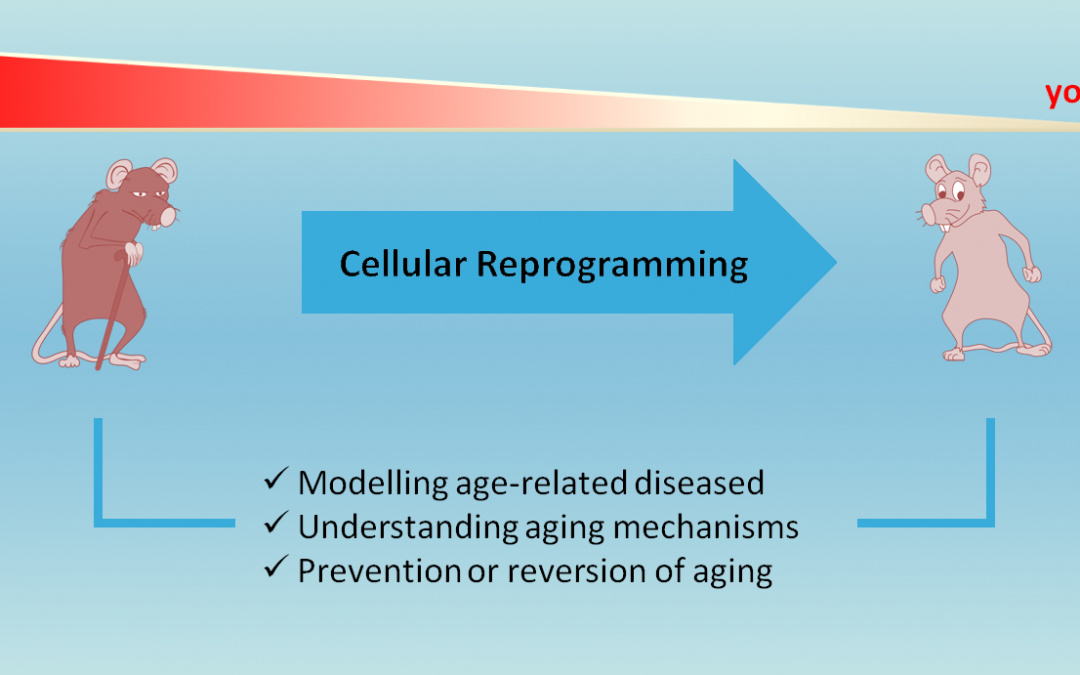Annals of the New York Academy of Sciences has published this year’s installment of the annual reviews series The Year in Diabetes and Obesity, edited by Rexford Ahima (The Johns Hopkins University School of Medicine).


Annals of the New York Academy of Sciences has published this year’s installment of the annual reviews series The Year in Diabetes and Obesity, edited by Rexford Ahima (The Johns Hopkins University School of Medicine).

This Special Issue is a collection of seven review articles that summarize the most recent resveratrol and pterostibene research.

Research into how to better visualize tumor cells during surgery is underway, with a hope of limiting the occurrence of positive surgical margins.

In their review in BioEssays, Beata Ujvari and colleagues review how the transmissible cancer termed ‘devil facial tumor disease’ affects life history adaptations in Tasmanian devils.

Preventing disease by targeting new approaches for mosquito control

A team of Chinese researchers developed a cost-effective and fully automated blood counting system that can be used by trained and untrained users.

A team of North American researchers developed an epi-SRS imaging platform for functional imaging of VSMCs in fresh coronary arteries which could support in developing new strategies for cardiovascular disease treatment.

The process of metastasis, in which cancer cells migrate to distant organs from the primary tumor region, is the key pathological event responsible for 90% of all of the cancer-related deaths. The critical early steps of the metastatic cascade of events, namely...

Modifications to chromatin are associated with the development of metabolic diseases, including Type 2 diabetes and obesity. There is evidence that these chromatin modifications can lead to long-term disease risk and increased disease risk for offspring.

This rise in the elderly population brings forward the concept of healthy aging and encourages scientists to conduct extensive research in cellular reprogramming.